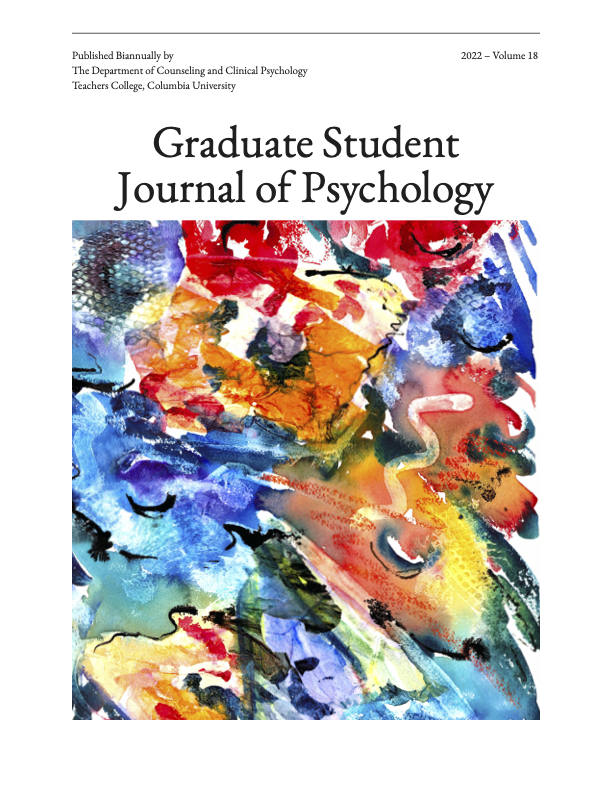(Dis)embodiment in Psychology and Psychotherapy: A Critical Historical Analysis and Clinical Implications
Main Article Content
Abstract
Embodiment may refer to a centering and acknowledgement of the felt and physical body as an active agent in the experiencing, processing, and interpretation of one’s environment. In contrast, disembodiment decenters the body and internal processes. Despite body-based perspectives and practices being present within psychology since its inception, the body has historically been marginalized within psychological theory and clinical practice. The present analysis aims to answer the question of why disembodiment is woven into psychological and psychotherapeutic practices by examining the historical roots of disembodiment in the west. Beginning with philosophical foundations which have formed the tenets of Western tradition, Descartes’ mind-body dualism (i.e., a concept in which mind and body are distinct entities, often placing the mind in a dominant position over the body) and Foucault’s notion of the docile body (i.e., the body as a subject to discipline and control) are discussed. These prominent philosophical roots are connected to dominant Western institutions, in which dynamics of discipline and control are manifested. Subsequently, philosophical underpinnings are present in the subject areas created within such institutions (i.e., psychology and psychotherapy). Examining historical roots of embodiment can be viewed in relation to Edward Sampson’s (1996) seminal paper, which called for a more embodied psychology. Critical to the employment of embodied practices in psychotherapy via increasingly popular cognitive-behavioral third-wave therapies (e.g., Acceptance and Commitment Therapy [ACT], MindfulnessBased Cognitive Therapy [MBCT]), a historical perspective brings to light deep roots of disembodiment that must be overcome to access a more embodied psychology.
Article Details
Section
Articles

This work is licensed under a Creative Commons Attribution-NonCommercial 4.0 International License.
How to Cite
Mori, C. (2022). (Dis)embodiment in Psychology and Psychotherapy: A Critical Historical Analysis and Clinical Implications. Graduate Student Journal of Psychology, 18. https://doi.org/10.52214/gsjp.v18i.10928

